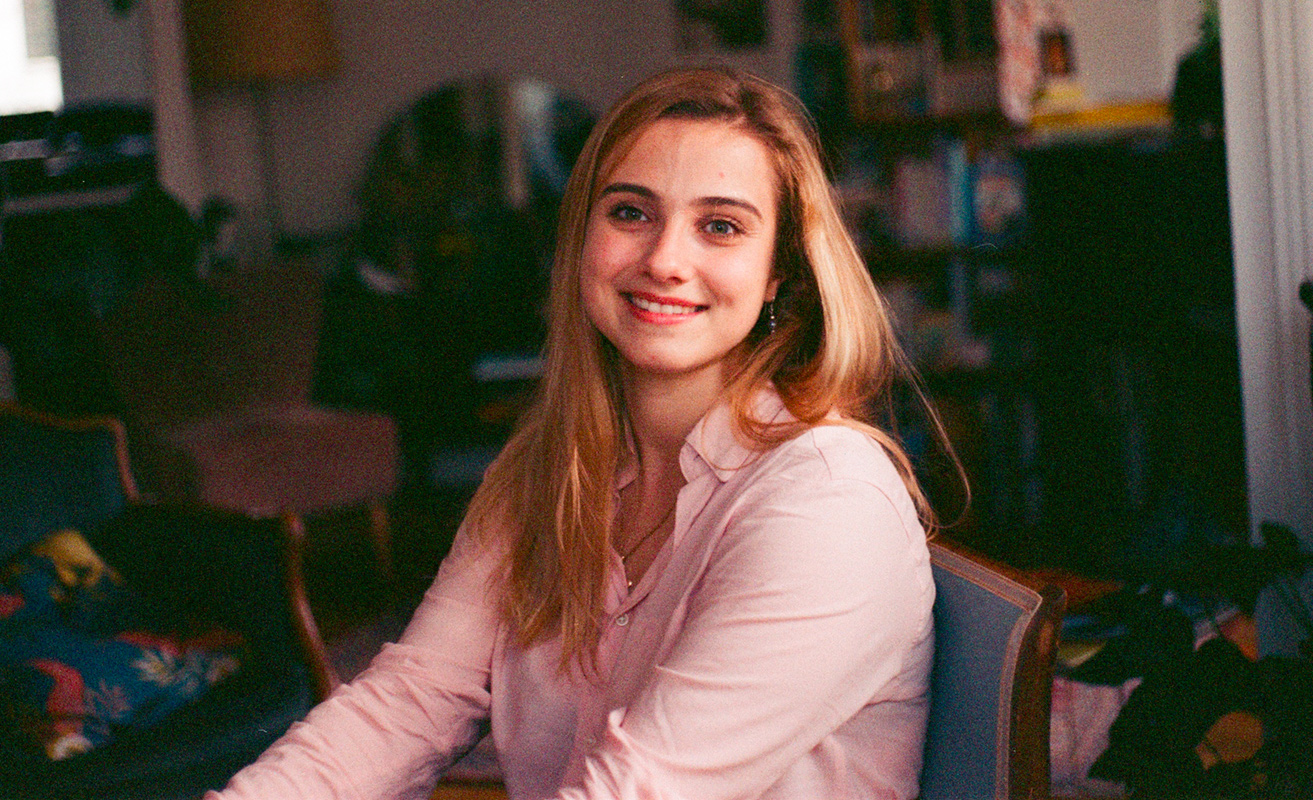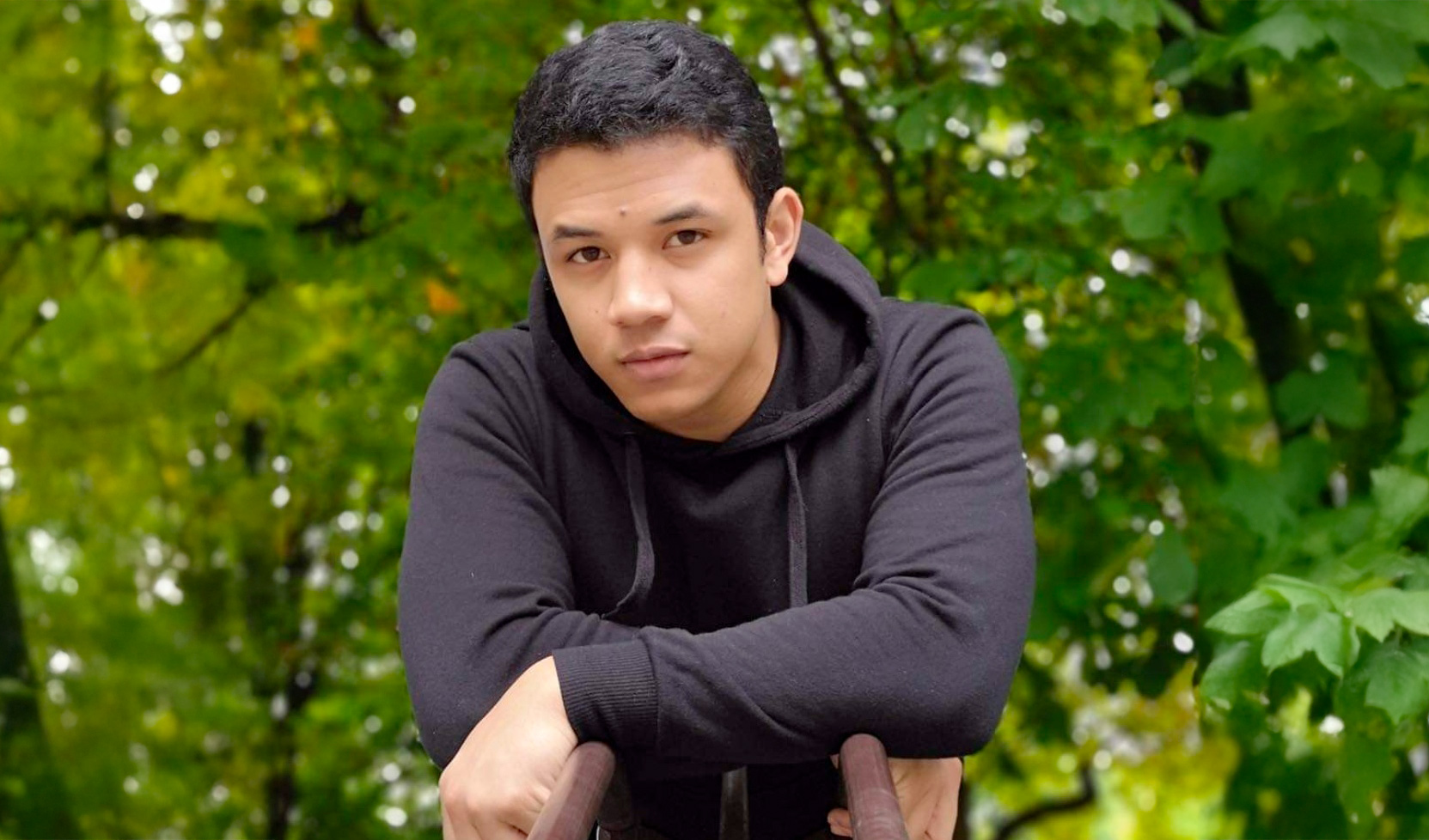Dialogues des Carmélites
Francis Poulenc | Georges Bernanos
A talented cast, a visionary interpretation by Olivier Py, and American conductor Karina Canellakis at the rostrum mean we will have a hit on our hands with this revival of Poulenc’s opera.
Dates
Karina Canellakis | direction
Olivier Py | staging
Daniel Izzo | resuming staging
Pierre-André Weitz | scenography and costumes
Bertrand Killy | lights
Patricia Petibon | Mère Marie de l’Incarnation
Vannina Santoni | Blanche de La Force
Véronique Gens | Madame Lidoine
Manon Lamaison | Sœur Constance de Saint Denis
Sophie Koch | Madame de Croissy
Sahy Ratia | Le Chevalier de La Force
Alexandre Duhamel | Le Marquis de La Force
Marie Gautrot | Mère Jeanne de l’Enfant Jésus
Ramya Roy | Sœur Mathilde
Loïc Félix | Le Père confesseur du couvent
Blaise Rantoanina | Le premier commissaire
Yuri Kissin | Le second commissaire / Un officier
Matthieu Lécroart | Le geôlier / Monsieur Javelinot / Thierry
Les Siècles
Chœur Unikanti
About
Based on a true story which took place during the Terror in France, this masterpiece by Francis Poulenc draws on a script by Georges Bernanos, who was in turn inspired by a short story penned by Gertrud von Le Fort. The work was a huge success when it was premiered at La Scala in January 1957, and in France at the Opéra Garnier six months later (notably due to the stage and vocal presence of Denise Duval and Régine Crespin). Making the mysteries of faith the subject of an opera dominated by female voices was nevertheless a risk, but the emotional power of Bernanos’s script, which Poulenc largely retained, the dramatic rigour, and the richness of the musical idiom make it one of the crowning achievements of twentieth-century French opera. In the Dialogues, Poulenc, who was both a deeply religious man and a modern composer, conveys the historic challenges of faith and mystery without denying their spiritual and physical torments: pride and humility, madness and contemplation, fear and self-sacrifice. Olivier Py’s staging remains true to this spirit, offering a timeless and moving vision of this twentieth-century masterpiece.
Some female singers will be returning for this new series of performances, but in different roles. Véronique Gens reprises Madame Lidoine, Patricia Petitbon will be Mère Marie de l’Incarnation, a role previously played by Sophie Koch who will now sing Madame de Croissy, whose extraordinary death scene on a suspended bed is etched in audiences’ memory. These original three singers from the premiere will be joined by Vannina Santoni (her first Blanche de la Force) and Alexandre Duhamel. American conductor Karina Canellakis will be at the rostrum with the musicians of Les Siècles for this reprise.
Texte de la pièce de Georges Bernanos, adapté avec l’autorisation d’Emmet Lavery, d’après une nouvelle de Gertrude Von Le Fort et d’un scénario du Rev. Bruckberger et Philippe Agostini édité par Casa Ricordi Milan Srl.
Coproduction Théâtre des Champs-Elysées | Théâtre Royal de la Monnaie, Bruxelles
En partenariat avec france.tv








